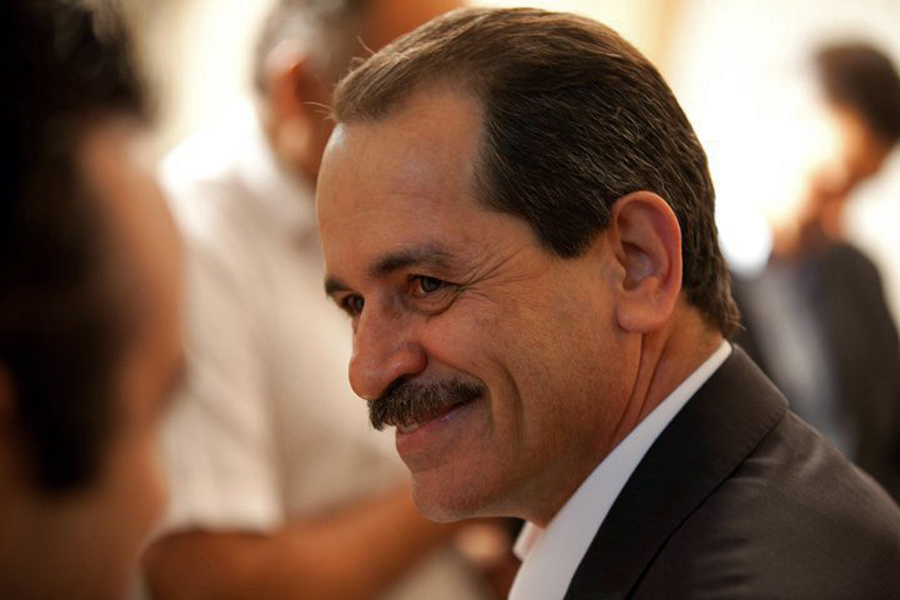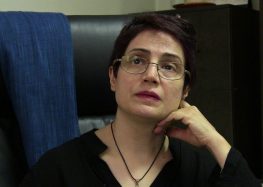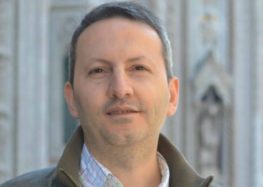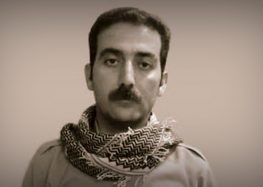Death Sentence Against Spiritual Center Founder Rejected
 Family Hopes for Taheri’s Release at End of Prison Term in 2016
Family Hopes for Taheri’s Release at End of Prison Term in 2016
With the lifting of the death sentence against spiritual leader Mohammad Ali Taheri, his family is hoping for his release at the end of his prison term in mid-spring 2016.
“Saeed Khalili, one of my brother’s lawyers, has seen the Supreme Court’s verdict rescinding my brother’s death sentence… The case has been sent back to the Revolutionary Court for reconsideration,” Taheri’s sister, Azardokht, told the International Campaign for Human Rights in Iran.
Mohammad Ali Taheri, 60, had already been serving a five-year prison sentence when he was found guilty of “corruption on earth” for publishing several books on spirituality. The founder of the Erfan Halgheh (Spiritual Circle) institute went on hunger strikes to protest his death sentence.
“His prison sentence ends in May 2016 and there are no more reasons to keep him there. He has never been involved in illegal activities and is innocent,” his sister said. “He is still held in solitary confinement in Ward 2-A of the Islamic Revolutionary Guards Corps at Evin Prison. He had a visit from his wife last Wednesday [December 16]. He’s alive and breathing but you can imagine what five years of solitary confinement would do to a person.”
Taheri, who also taught at Tehran University, was practicing a form of alternative medicine based on spirituality when he was arrested on May 4, 2010, and charged with “insulting the sacred,” “immoral contact with women,” and “carrying out illegal medical procedures.” He was sentenced to five years in prison along with 74 lashes, and fined nine billion rials (approximately $300,000). Four years later he was re-questioned about his books and sentenced to death for spreading “corruption on earth.”
Following news of the rejection of the death sentence by the Supreme Court, his lawyer Saeed Khalili wrote on his Facebook page that he hoped Taheri would be released soon.
“[Mr. Taheri] has spoken and written many times to officials and the case judge that he never imagined his legally-sanctioned talks, university classes, or books would cause a misunderstanding and upset some religious people. Therefore, he is prepared to put all of them aside when he is freed from prison,” Khalili wrote.






